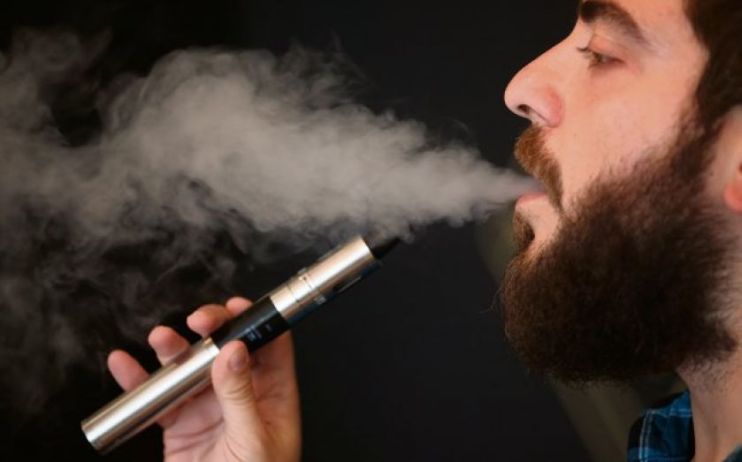Think tank warns vape bans cause more harm than good

Countries have been urged to avoid excessive regulation on e-cigarettes and vapes, with a new report suggesting that this could pose an even bigger risk to public health in the long run.
In a paper published today, the Institute of Economic Affairs (IEA) argued that reduced-risk nicotine products like heated tobacco have facilitated steep declines in smokers in several countries, including the UK.
The think tank dismissed arguments made by anti-vaping campaigners that suggest that using smoking alternatives is dangerous for smokers who switch away from them.
In fact, the IEA pointed to data from Public Health England that concluded that vaping ‘is around 95 per cent safer than smoking’.
This was also echoed by Cancer Research UK, which acknowledged that e-cigarettes were ‘far closer to other nicotine replacement therapy (NRT) products than tobacco in terms of harm’.
The takeaway point from the report was that countries should avoid overly cautious approaches, dodging outright bans: which is effectively the case in Australia, where a prescription is needed to access them.
In essence, the argument is not that new products should not be regulated at all, but rather direct and indirect risks should be assessed in a more balanced way.
The news comes as US regulators ban Imperial Brands’ myblu vaping device after a review found there was a lack of evidence they would protect public health.
Vape and e-cigarettes products have been a key strategy shift for the cigarette giant, which owns household brands like Rizla and Winston and has lost more than 55 per cent of its value over the last five years.